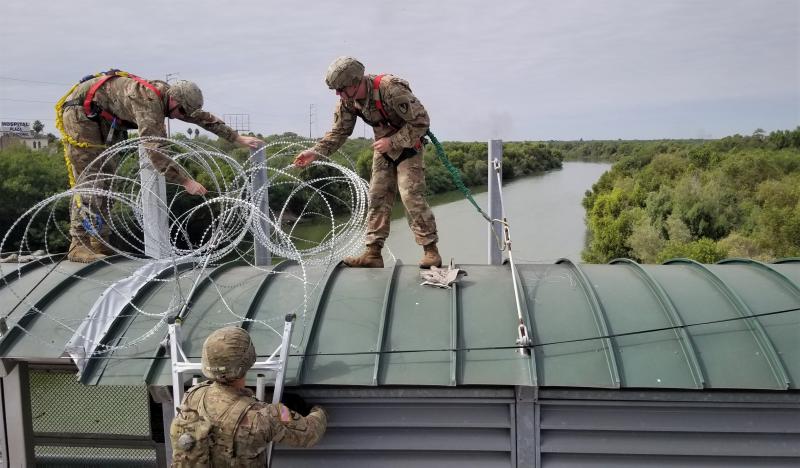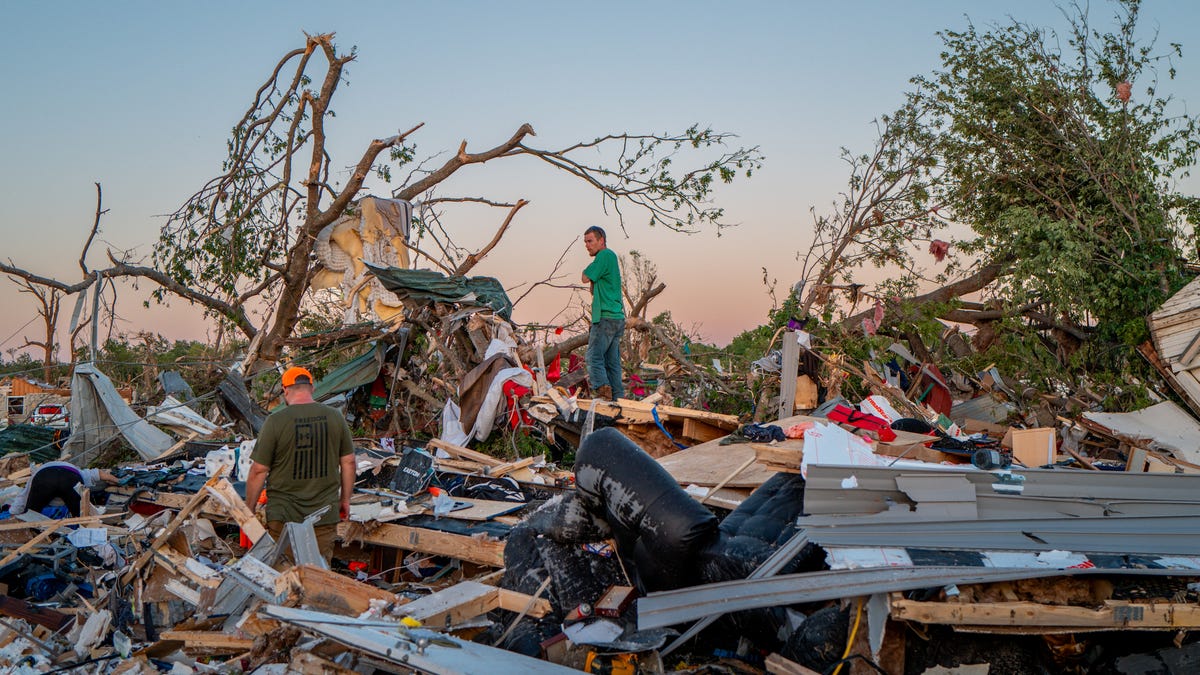Human Trafficking and Drug Cartels in Mexico
The second-largest source of income for Mexican drug cartels is human trafficking into the U.S. This revenue stream is being challenged by laws that discourage illegal immigration, impacting the financial interests of these criminal organizations. The influence of drug cartels over the Mexican government is so significant that even the country’s president has voiced resistance against laws in Texas aimed at curbing illegal immigration.
Confrontation at the Border
Recent events, including a confrontation between Texas Army National Guard troops and a group of migrants attempting to charge a border wall in El Paso, highlight the escalating tensions surrounding immigration policies. Texas Governor Abbott has characterized the situation as an invasion, reflecting the severity of the immigration crisis at the border.
Enforcement of Existing Laws
In response to the influx of illegal immigrants, Governor Abbott has faced criticism for allegedly criminalizing illegal entry from Mexico into the U.S. However, the governor’s measures are focused on enforcing existing laws, apprehending violators, and ensuring compliance through deportation and bans on future immigration, in accordance with Title 8 federal authority.
Illegal Immigration and Trafficking Operations
Human traffickers and criminal organizations facilitate illegal entry into the U.S. by exploiting vulnerable migrants, promising safe passage in exchange for monetary payments. The profits generated from these illicit activities sustain drug cartels, enabling them to further entrench their influence by acquiring weaponry, political favors, and judicial leverage within Mexico.
Challenges and Controversies
The implementation of physical barriers and enforcement strategies to deter illegal crossings have sparked debates between Governor Abbott and federal authorities, underscoring the complexities of border security and law enforcement jurisdiction. Despite facing opposition, Governor Abbott remains committed to safeguarding the border and upholding immigration laws.
Opposition and Legal Repercussions
Critics of Governor Abbott’s initiatives argue that the measures instill fear and disproportionately target undocumented migrants, raising concerns about civil liberties and due process. President Obrador of Mexico has condemned Texas’ immigration laws as draconian and dehumanizing, highlighting the discord between state and federal policies on border control.
Border Security and International Relations
The ongoing debate surrounding immigration laws in Texas underscores the broader implications of border security on diplomatic relations between neighboring countries. President Obrador’s criticisms and comparisons between Mexican and U.S. immigration laws reveal the complex interplay of legal frameworks and political ideologies shaping cross-border interactions.
Image/Photo credit: source url





